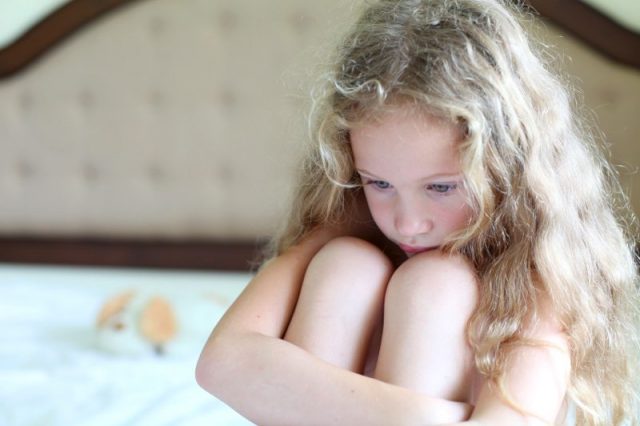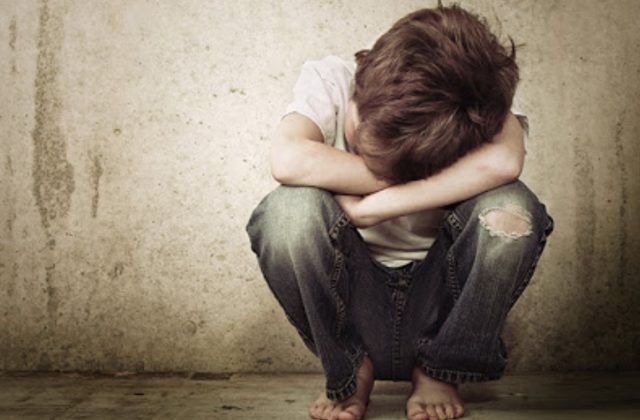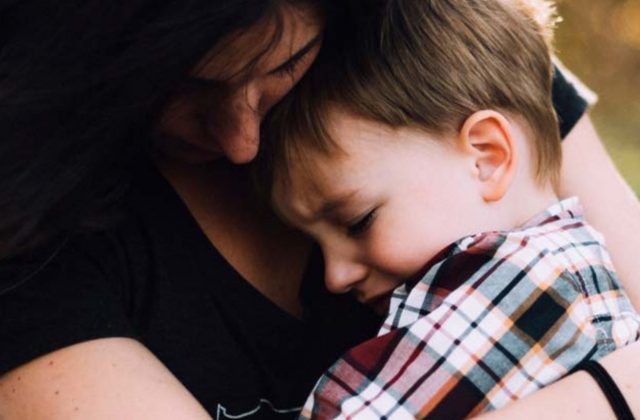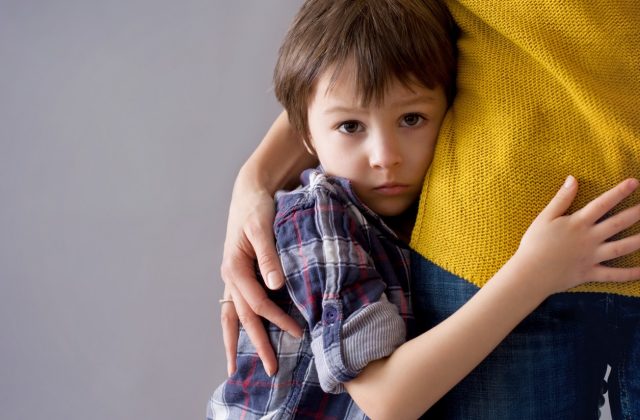
Be it the loss of a parent, friend, or beloved pet, the pain of loss will rear its ugly head at some point in a child’s life. When that happens, be prepared to help them deal with grief and build the necessary resilience they can later put to good use in adulthood.
Although it will always be a challenge to explain to your child why a loved one is gone, whether it is a family member or a close friend, such moments in their lives could become a lesson that will help them strengthen their character and prepare them for similar situations in the future. There are many ways in which your child can behave while grieving. Therefore, it is important to know what kind of consolation they will need and how to act in order to make things easier for them. Here are some of the ways you can support and help your child during their grieving:

Children Grieve Differently
Each child grieves differently, depending on their understanding and developmental age. They are also grieving very differently from adults. For instance, a child might look sad or cry after a loved one’s death, and they might play and laugh from one moment to the next. Playing and living in an imaginary world in such a situation are coping mechanisms that help the child not to be overwhelmed by their emotions and the new, upsetting reality.
Also, some children may understand what death is while others don’t understand it at all or have a distorted understanding. Children usually learn about death from TV, cartoons, and other children, but the topic remains abstract to them until they are directly exposed to the loss of a loved one. That’s why many children feel confused or anxious when that happens, and they need a caring and comforting adult by their side.
In either case, respect their pain even if they express it differently. Don’t mock, dismiss, or invalidate their feelings. It is very important for them to see that their feelings are understood and supported by close ones.

How to Help Child Cope with Grief
There are several ways you can make a child’s grieving process smoother and help them build healthy coping mechanisms.
- The closest person should deliver the bad news, even if that person is also directly affected by the loss. If that person has trouble with processing their own feelings and can’t do it without upsetting the child even further, the next closest person should have a talk with the child.
- The when and where are important. Deliver the bad news as soon as possible but choose the location carefully. You don’t want to break the news in a public place, even if it is the child’s favorite playground or fast-food venue. The child will need closure to feel safe, as all young children will worry about their security after losing a caregiver.
- How you deliver the news is also important. When breaking the news about the death of a loved one to a young child, use direct language and stick to the facts. Don’t use confusing words or language such as he or she “is gone” or “is asleep.” Children have a very active imagination, and they might believe that the dead one will be back into their lives at some point. Young children also don’t understand abstract concepts such as “forever.” If you are a religious person, you can tell your child more about the afterlife. It is ok to tell them that the family’s late member is now “in heaven” or “with grandma or grandpa.” Further, stick to the facts and give them only the most important information. If you give them too many details, they might feel overwhelmed and confused.

Source: Crossroads Hospice Charitable Foundation
- Answer their questions. After delivering the news, the child might have questions to ask you. Don’t get angry if the questions seem naive or things seem to revolve around the child. For instance, a young child might wonder after one parent’s death if the other parent is next. He or she might ask who would be taking care of him or her after loss, and so on. Strive to offer them developmentally appropriate answers whenever possible.
- Stick to their routines. After the death of a loved one, don’t bring significant changes to their normal routines. Young children and pets thrive on routine and sticking to a routine in a difficult situation can help lower their level of anxiety and speed up the healing process. Respecting their routines will also send a strong message that life should go on. However, when their loved one’s death has had a huge impact on family finances and the child’s standard of living, maintaining the older routine is not that easy. You will have to make the necessary adjustments, and if the death was caused by the negligence or incompetence of a third party such as a doctor or a careless driver, you can talk to people who know how to file a wrongful death claim and get monetary compensation for your loss and emotional suffering. You can find out more about this point if you click here.

Source: Medium
- Get them to therapy. If grief seems to have overwhelmed your child, you will need to talk to a doctor to help them bounce back from the loss in a healthy way. A highly upsetting event such as a divorce or the death of a loved one can trigger an adjustment disorder in less resilient kids, especially when their lives are severely disrupted. Get professional help whenever your child hasn’t been the same since the event and can’t snap out of it.
Bottom Line
There will never be an easy way to deal with such strong feelings coming from a child, and alleviate them. Nevertheless, personal experience will come in handy to any parent, as well as outside counselling or opinions coming from trusted sources. Identify your child’s needs and support them in a caring and loving way, no matter how they may manifest themselves during this time of grief.














